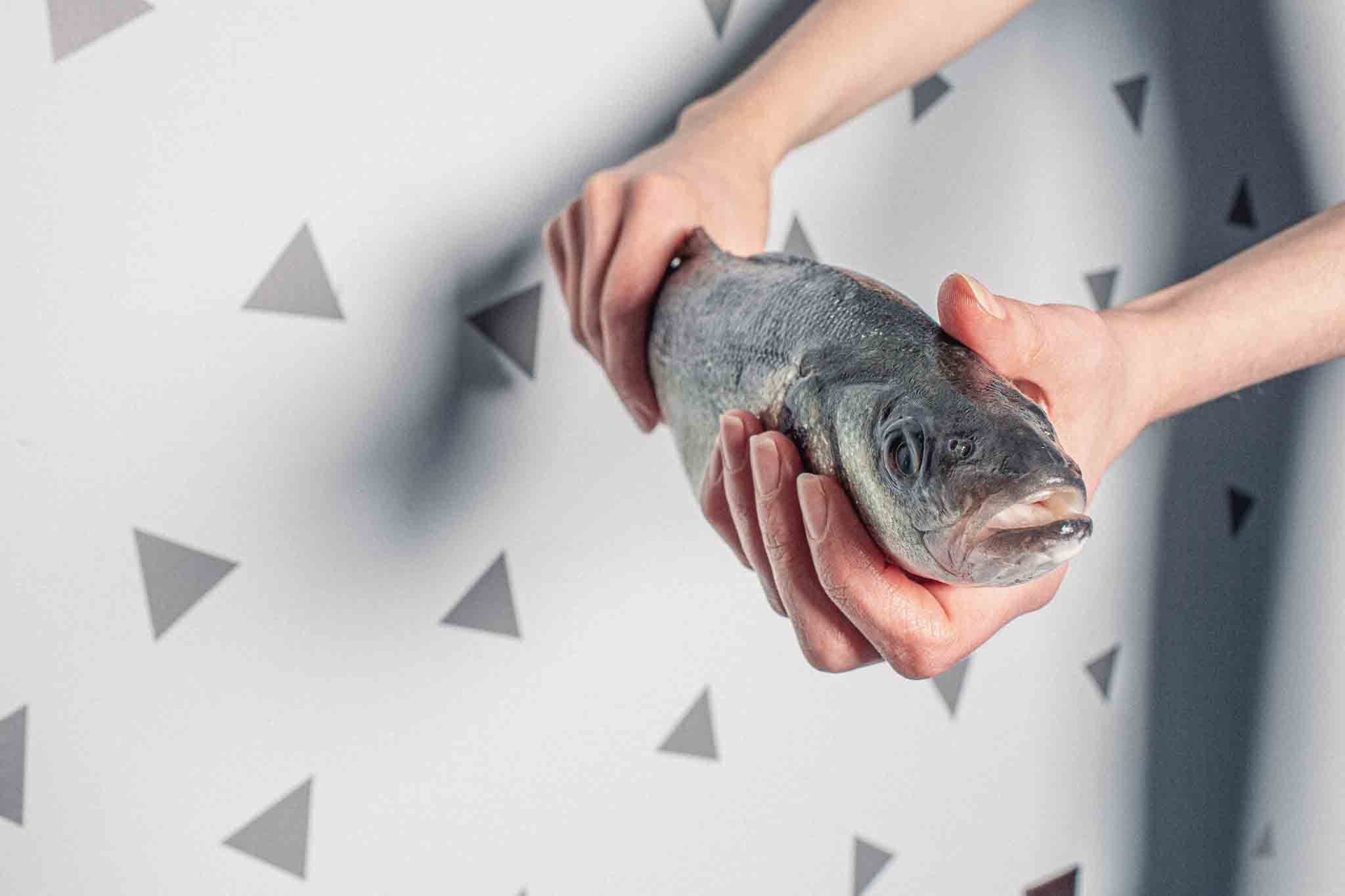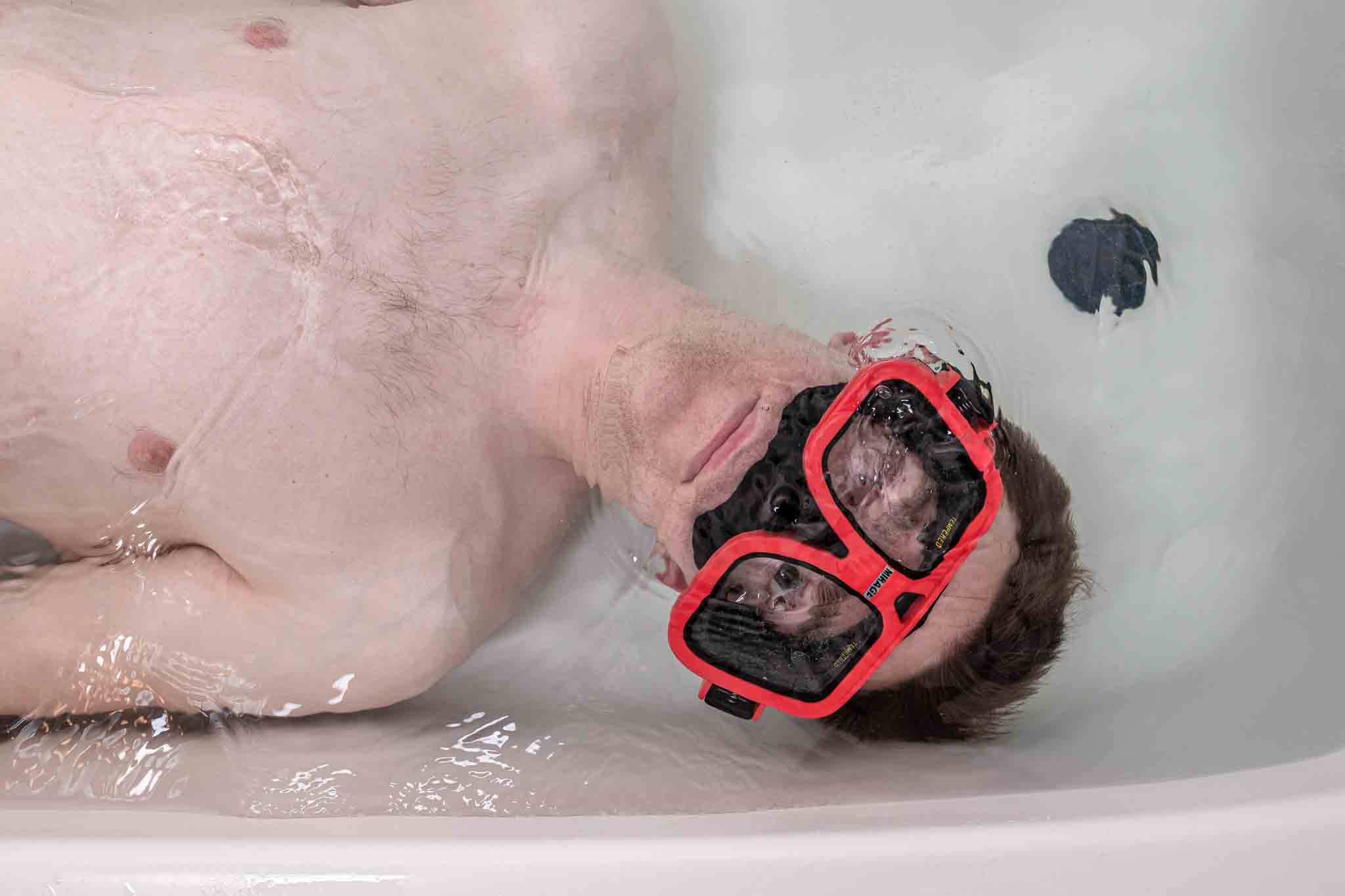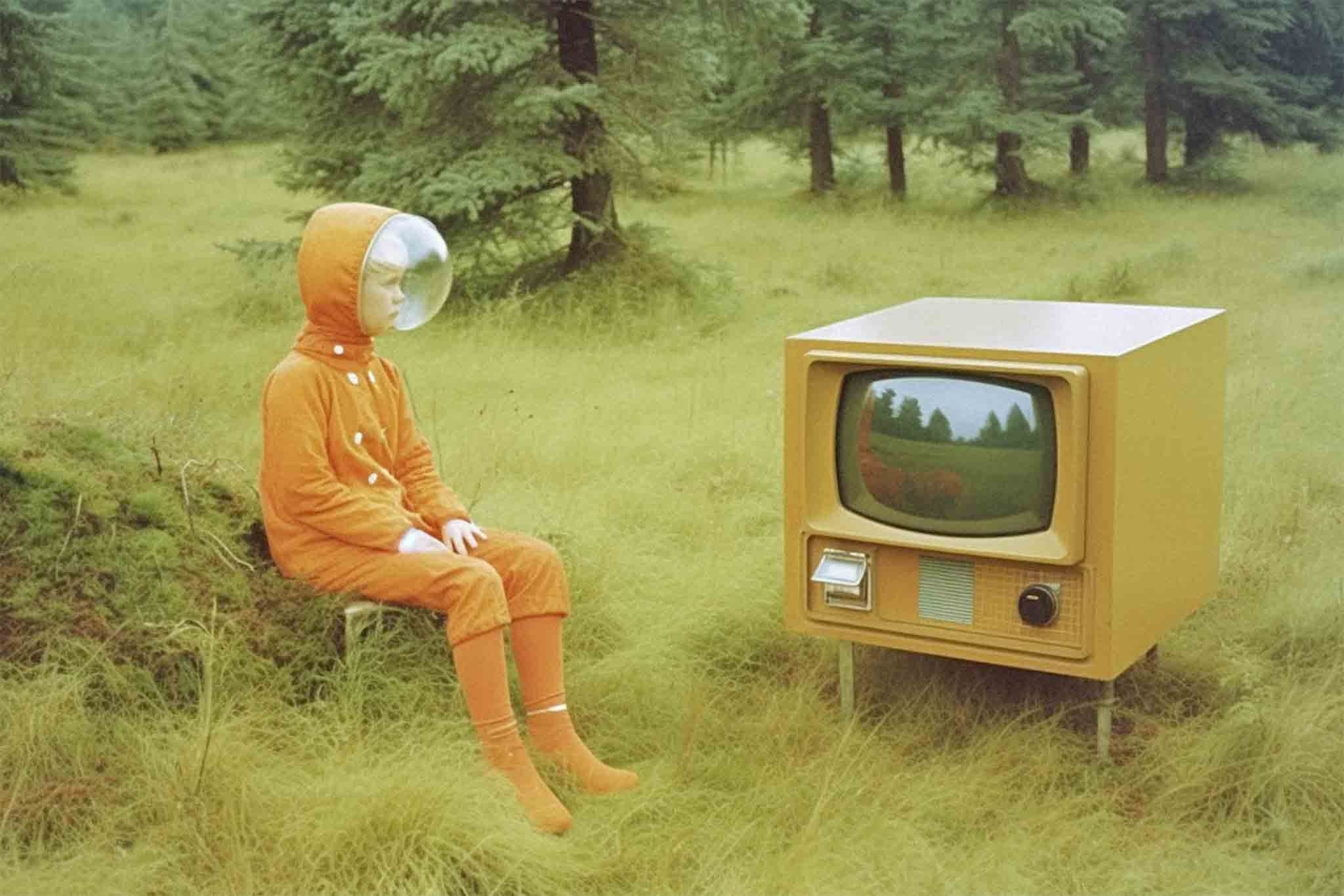As children, our choices are made for us.
What we eat, where we go, what we learn, and how much we’re able to express ourselves may have been slightly influenced by our nods or tears, or even by our feelings and opinions if our parents or caregivers were emotionally stable. Yet in either case, the options we faced and whether our choices were vetoed lay in the hands of the adults in charge of us.
In our teens, how early or late depending on our upbringing, culture, and exposure to the wider world, we begin forming an identity that feels true to us. Yet, this identity is more often than not, and especially in its early stages, influenced by the first two identity-forming forces: the urge to fit in or the drive to rebel. Ultimately, it is who and what surrounded you that has driven you to act in unique ways and has shaped you during these formative years.
These forces can have a lasting impact on your sense of self, for better or worse.
It is analysing and understanding what has shaped you that will help you break free from unwanted patterns.
Many find themselves caught in the tug-of-war between the urge to fit in and the drive to rebel—a relentless back-and-forth of craving acceptance while sensing something is amiss. It is once you transcend these opposing forces that a third, more powerful drive emerges: the desire for authenticity. It is this third force, that will gently take your hand and lead you into sunshine if you let it.
Let’s dive right in and explore these three forces and how to make them work for us rather than against us.
The Urge to Fit In
The urge to fit in means adapting traits from the crowd we are trying to belong to. For example, a boy whose best friend spends hours playing rock songs on an electric guitar in a dimly lit basement might develop a very different sense of what’s “cool” than a girl who idolises a vegan friend who defines success as being fabulous and seen at social gatherings. Despite their differences, they might both keep away from another boy or girl who prefers spending time in nature, perhaps catching their own fish or game to grill on a campfire. The urge to fit in is driven by many factors, but two of the most prevalent are our instinct to form tribes and the simple desire to avoid loneliness.
The Drive to Rebel
The drive to rebel is the urge to push against those who, in your view, misunderstand or restrict you. Think of a tormented artist in a business-minded family, an overachiever in a family promoting a simple life, or a heartbroken person who changes their style and hobbies completely after a breakup—in a way that contradicts everything that was considered “nice” while with the person seen as the cause of hurt. Rebellion is often rooted in a desire to be acknowledged and accepted. It can be driven by anger, a grudge, or even boredom, but these feelings often trace back to a lack of feeling understood or an urge to prove a point—our own point.
Throughout our lives, all of us employ both forces. We all sometimes try to fit in and sometimes rebel. Both tactics are essential to our progress as human beings. There would be no communities without the urge to fit in and no improvement to imperfect or outdated norms without the drive to rebel. Yet when it comes to our personalities and identities, it is important to figure out which of our traits respond to which force and what exists beyond them.
The Desire for Authenticity
The traits that do not respond to either the urge to fit in or the drive to rebel often form the core of who we are. These are the traits born out of our desire for authenticity, to be ourselves, to be unique.
What would you be if all of your influences were taken away?
This question is easier to answer with themes that have been true to you throughout your life, such as feeling happiest when outdoors in sunny weather surrounded by nature, or preferring a quiet room with a cup of tea and a book. Recent themes can be trickier—it’s harder to tell whether a new passion for jazz or rafting stems from personal preference or the influence of a romantic partner or a group of friends. Understanding ourselves better can help us determine if we would still enjoy jazz after breaking up with the partner and/or if we would still go rafting without an invitation from the group of friends.
What we do and enjoy regardless of external circumstances is what makes us truly ourselves.
Developing this authenticity requires time, self-awareness, and the courage to prioritise our choices over the expectations of others without guilt.
However, it is precisely the understanding of the active forces within us that is the first step to living a life we choose rather than a life pulled in every direction by subconscious impulses.
Which urge do you find yourself gravitating towards?
And what would it mean to you to live in harmony with all three forces?
Exercise: The Three Forces and You
Time to put theory into practice. Here’s an exercise:
Take a large piece of paper and create three columns. Use a different colour for each if possible: one for the trait, one for its origin, and one for the force it aligns with (fitting in, rebelling, or pursuing authenticity). Make the middle column the widest to allow room for details.
- Trait: Write down hobbies, traits, or preferences that define you in bullet-list style.
- Origin: Explain where each trait or preference seems to originate. Is it an innate part of you? Did it develop through life experiences and relationships? Has it evolved over years of trying different things, or was it influenced by your mother, a high school friend, a colleague, or a past lover?
- Force: Note whether each trait stems from an urge to fit in, a drive to rebel, or the desire for authenticity.
Reflect on your findings. Whether the results are satisfactory or surprising, this exercise will take you closer to discovering your unique identity. If you find it challenging, go over the list again and dig deeper. Many traits we take for granted are rooted in forgotten experiences or influences.
This is not a paper for submission, so be honest. You are welcome to discard it when done. You could even write it on toilet paper and flush it away once you’re done!
A better you is a better world.
The Classroom of Self
If you are enjoying our content, please consider helping us carry on 🙏✨
You can do so via the hassle-free, safe and fantastic Buy Me a Coffee ☕️
Just hover over the yellow coffee cup floater ↘️





